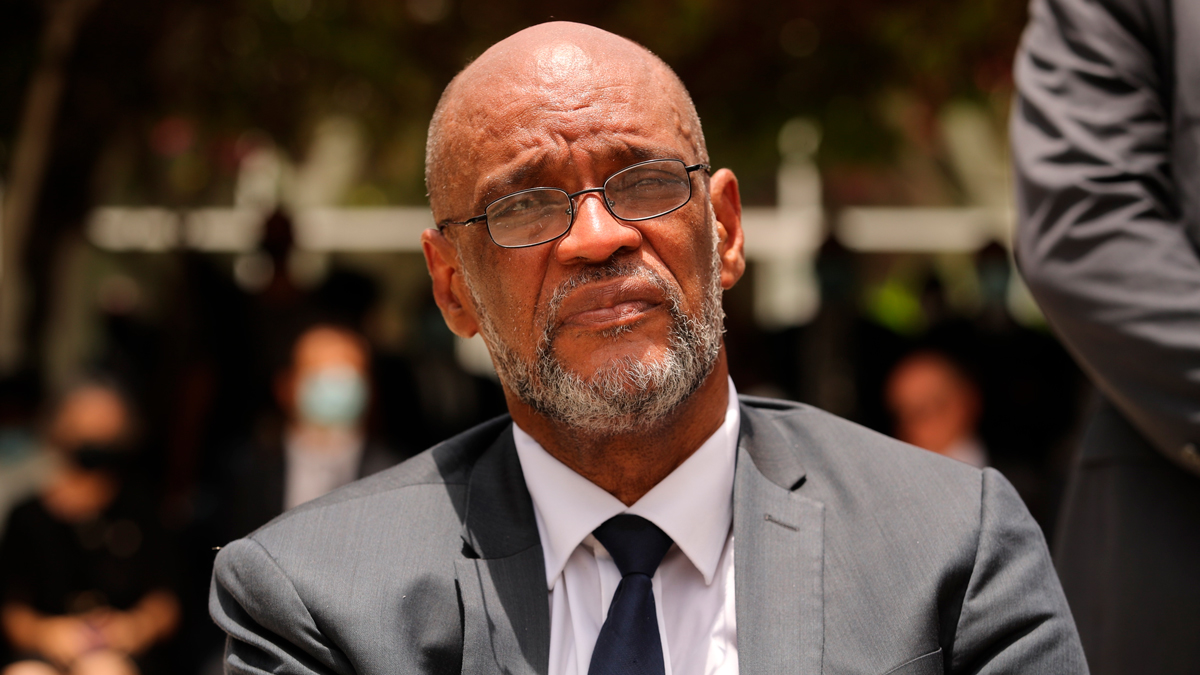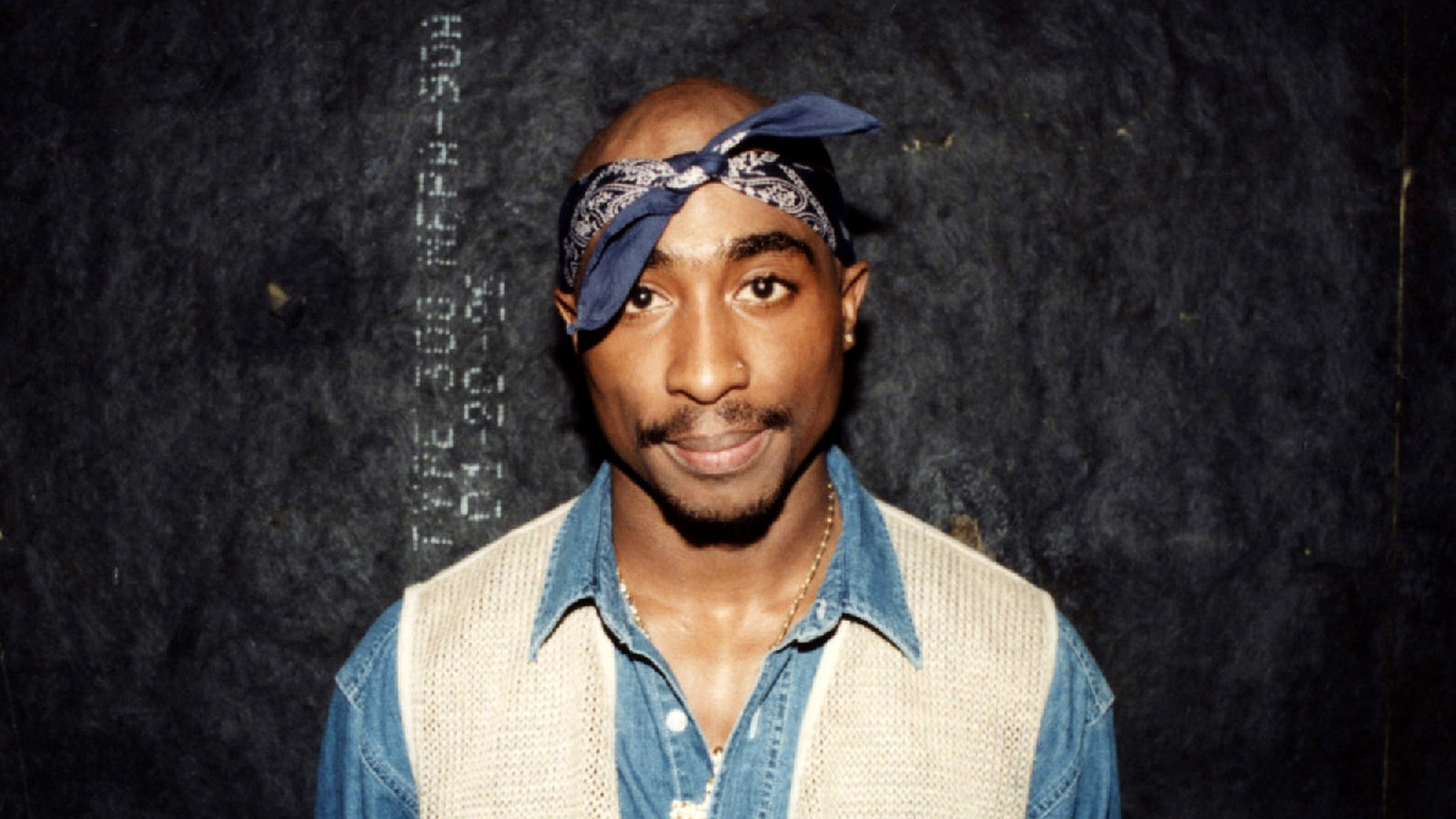It’s not a matter of if, but when, the next major wildfire will strike and a new Stanford study says we’re not ready to deal with the smoke.
The study looked at how we are asked to protect ourselves from the haze that comes with those massive fires and it found people's safety is far too likely to be linked to their economic status.
“Instead of trying to limit the existence of fires, policy makers have mostly just recommended that people protect themselves either through staying indoors or by turning on air purifiers so we were interested in looking at how effective those recommendations were,” said Sam Heft-Neal of the Center on Food Security and the Environment.
With the help of social media data from English and Spanish-speaking communities, Stanford scholar Heft-Neal, and other scientists, found everyone in California is interested in air quality.
Get Southern California news, weather forecasts and entertainment stories to your inbox. Sign up for NBC LA newsletters.
But when it comes to taking the next step, searches for air purifiers and any other solutions were far more likely to happen only in higher-income households.
“We see that across not just Google searches but also using mobile phone tracking data we can see that wealthier households are more likely to change their movement patterns in response to wildfires,” said Heft-Neal.
That's one of several findings that leads them to believe we need to do more to protect people, especially those in lower-income communities, from the effects of wildfire smoke.
“More public safety options could include something like clean air centers at libraries or other public buildings,” said Heft-Neal.
Another option is subsidizing the cost of air purifiers for lower income families, something very similar to what the Bay Area Air District is now doing.
In the past year they’ve handed out 1,200 portable air filtration units to unhoused and lower income residents.
U.S. & World
News from around the country and around the globe
“A lot of those low income communities have older housing stock where it's difficult to close windows all the way or fill cracks under the doors,” said Veronica Eady, senior deputy executive officer of Policy and Equity.
They’ve also received grants to provide schools with air filters and say they are working with the state to open clean air centers in the coming months.
But they understand, and the study appears to show, all of these programs need to be scaled up.
“Thousands and thousands and thousands, we are by far not reaching nearly as many people and nearly as many families as we need to reach, we are working on getting donations from some manufacturers,” said Eady.



